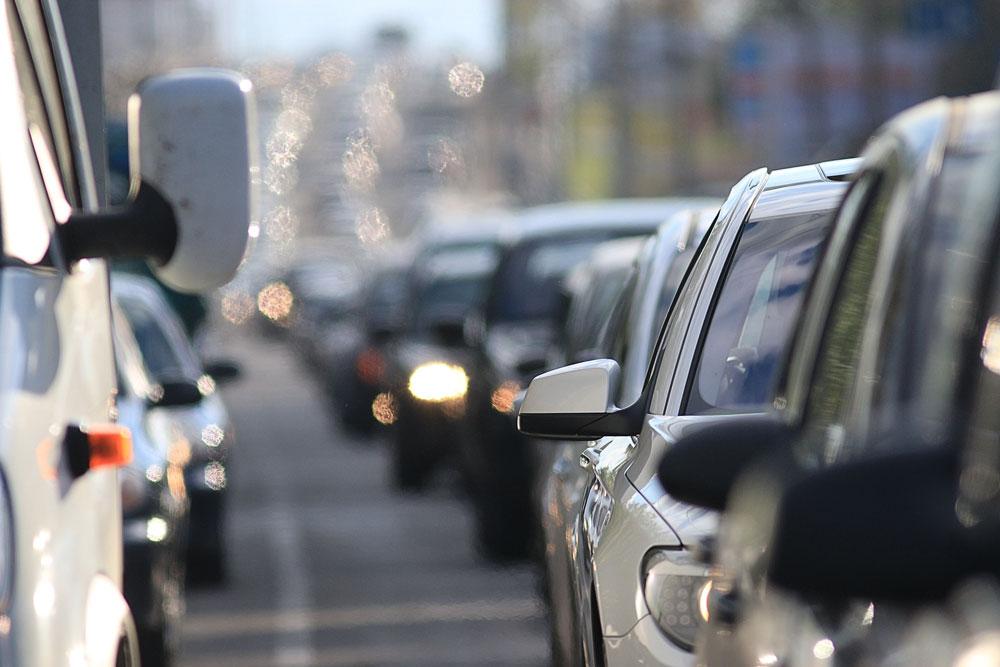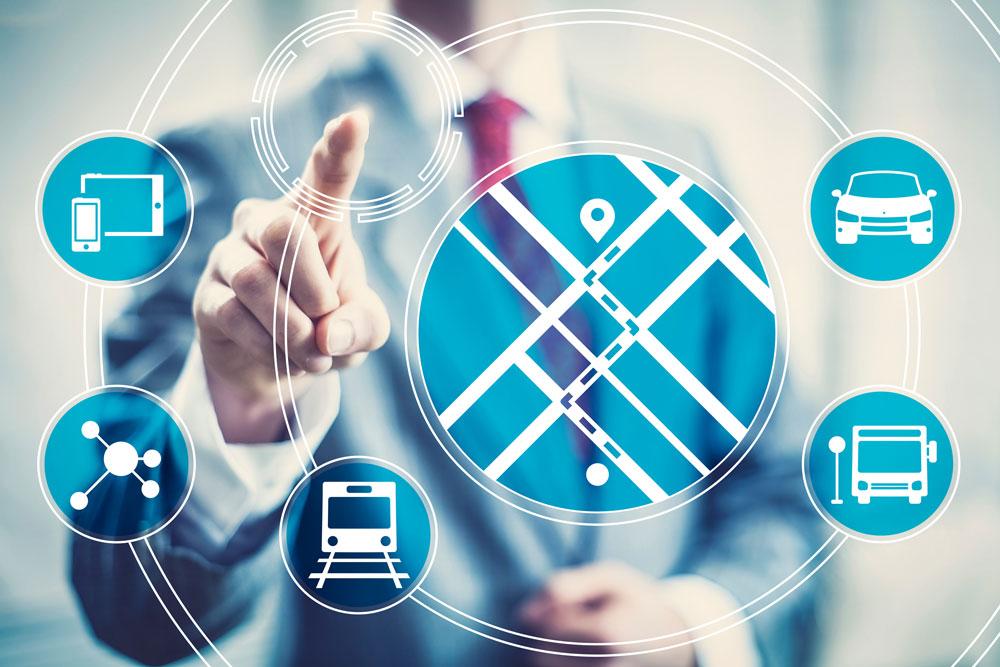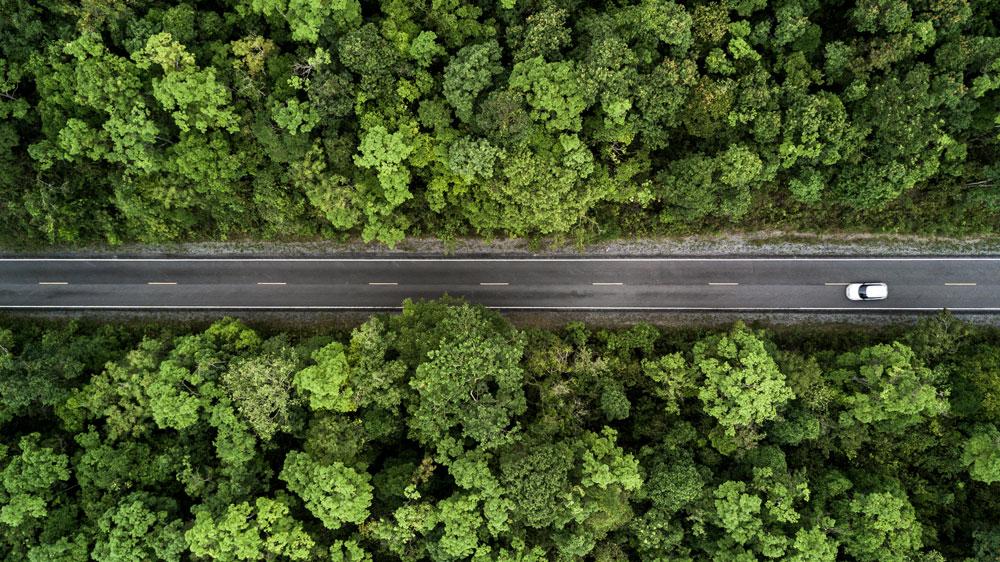A new IPPR report argues that the government’s plan for decarbonising transport cannot be achieved through a shift to electric vehicles alone, it must also provide sufficient support for alternatives including affordable public transport, walking and cycling.
IPPR analysis of the Committee on Climate Change’s sixth carbon budget shows that the current approaches to reaching net zero could lead to an 11 per cent rise in car traffic between 2021 and 2050 and a 28 per cent increase in car ownership, with 10 million more cars on the road by 2050.
It argues that there are serious questions about the resources required to construct these 43.6 million vehicles, and would require even more land and street space used for car parking. The average car in the UK is parked 96 per cent of the time.
An approach that places too much emphasis on the shift to electric vehicles, without also providing sufficient support for alternatives including affordable public transport, walking and cycling, would also likely benefit wealthy people more. Over 90 per cent of the highest income households own at least one car (and over 20 per cent own three or more) while only a third of households in the bottom 10 per cent by income own a car. People on lower incomes would benefit much more from an improved public transport system, according to IPPR.
The think tank says that the drive to net zero is a once-in-a-generation opportunity to improve the way we all travel.
IPPR’s proposals to achieve this transition fairly include creating a national guarantee for levels of transport and digital connectivity with the stated aim of making it possible to live a good life, wherever you live, without needing to own a car. This must include seven days a week public transport connectivity for all rural areas.
It also argues the principle that everyday needs should be accessible within a 20-minute walk, cycle or public transport trip. This will require investment in both public transport and revitalising local town centres. Investment in walking and cycling during this Parliament should be at least £6 billion.
They propose the introduction of a ‘help to move scheme’ to provide grants and loans to support people to buy cycles, electric scooters, ebikes or electric vehicles where they need them.
It also calls for fair access to electric cars if and when they are needed, with a national electric vehicle charging rollout.
The IPPR report also wants to end all public procurement of carbon-emitting vehicles by 2022 and bring forward to 2025 the ban on buying combustion-engine vehicles for large commercial fleets, to ensure businesses take action to decarbonise their fleets, and to reallocate road space to cycling, walking and green space.
Town and city centres should aim to be car free by 2030. Local authority planners should set a target of at least 30 per cent tree cover for new developments and be able to prevent new developments that would increase traffic or car dependence.
IPPR says that the government should aim for the level of car ownership to peak by 2030, before falling to a more desirable level by 2050.







